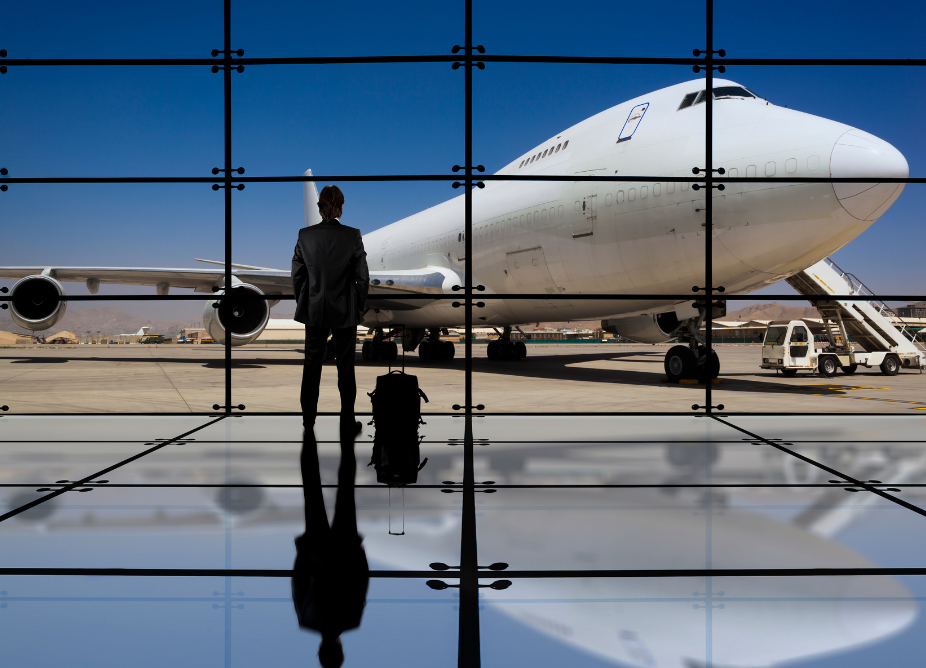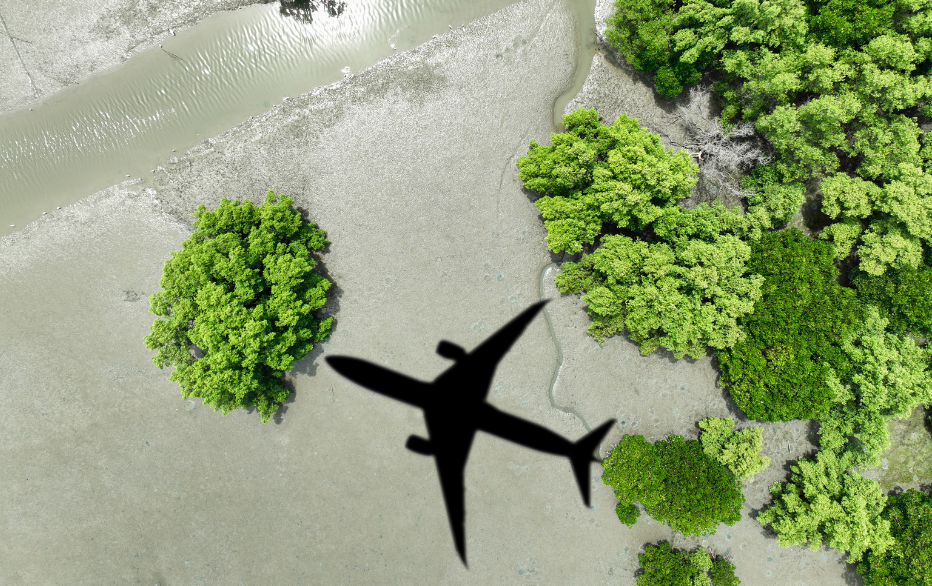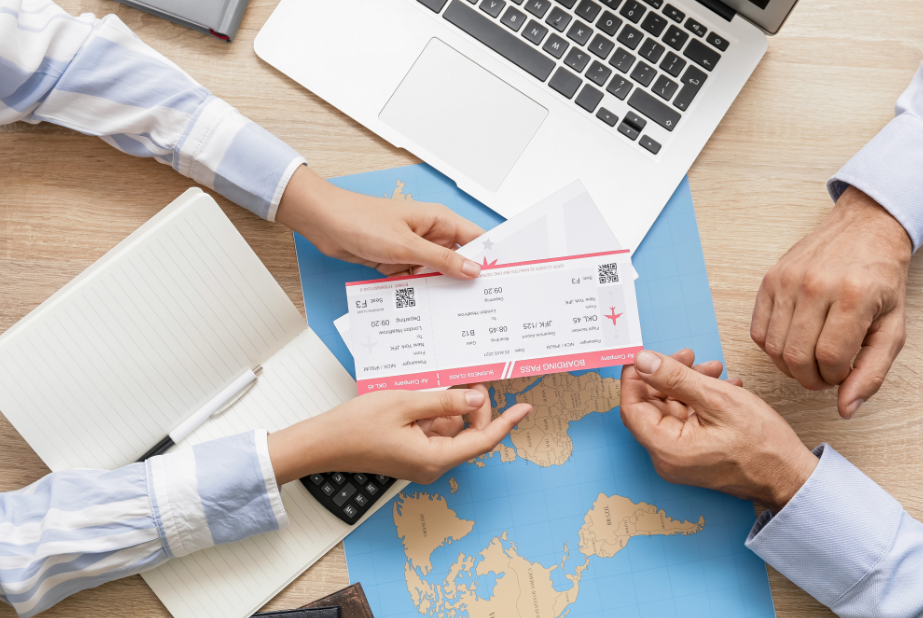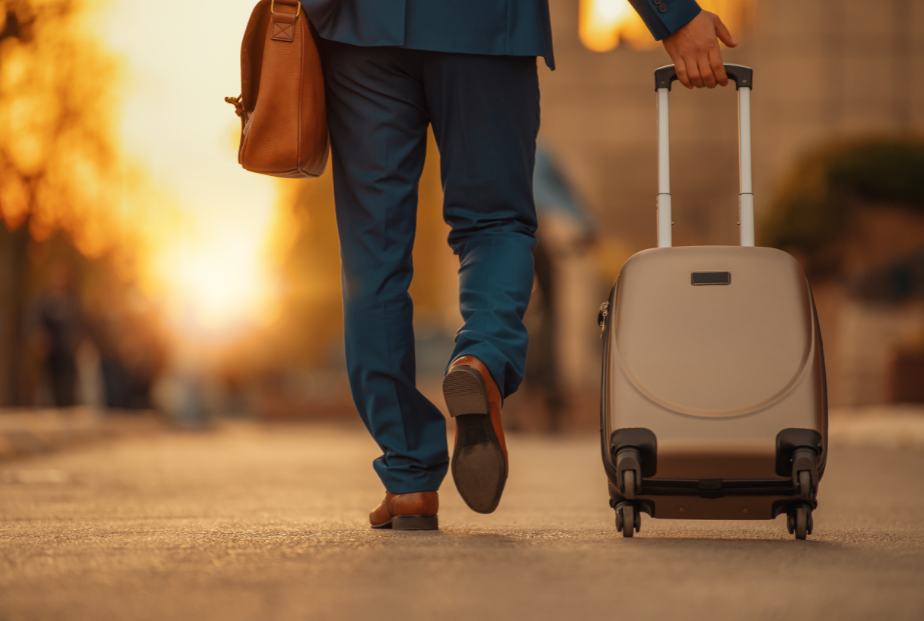As we approach 2025, companies are rethinking how they approach travel management in terms of adapting to new technology, changing workforce expectations and placing a growing emphasis on sustainability, all while seeking to reduce costs, ensure compliance and promote employee well-being. At the same time, business travellers now expect more flexibility, convenience and personalised experiences.

These drivers of the fast-changing corporate travel landscape; twinned with the growing demands of business travellers, point towards key trends in the market in 2025:
One of the most significant shifts in recent years has been the rise of remote and hybrid work. This change is influencing business travel patterns, and it’s a trend that will continue to grow in 2025.
Bleisure Travel: Business travellers are increasingly blending work with leisure (bleisure). Instead of returning home immediately after a work trip, employees might extend their stay to enjoy some leisure time at the destination.
Remote Work Flexibility: Many companies are adopting policies that allow employees to work from anywhere, which means business travel may now include stays in various locations, with workers spending part of their time at the office and the rest in a remote, flexible work setting.
Co-Working Spaces: As hybrid and remote work become the norm, access to co-working spaces will be essential for travelling employees who need a reliable place to work while on the go.

Companies will need to rethink their travel policies to accommodate this new reality, offering more flexibility in travel planning and integrating support for remote work locations. Employees will expect travel that aligns with their work-life balance and lifestyle, making it important for businesses to support both work and leisure activities.
Artificial intelligence (AI) and automation of course already play a significant role in business travel, and their influence will only grow in 2025. If harnessed correctly, these technologies will help companies manage travel more efficiently and offer employees a smoother experience.
AI-Powered Booking Systems: AI can make booking travel easier by automatically analysing employees’ preferences, suggesting the best flight and hotel options, and even predicting price changes for cost-saving opportunities.
Personalised Travel Assistance: Virtual assistants powered by AI can help employees manage their travel itinerary, offering personalised recommendations and real-time updates for delays, gate changes, or better travel routes.
Expense Management: AI can streamline expense management by automatically categorising travel expenses and flagging any out-of-policy charges, reducing manual tracking and human error.

AI and automation will continue to drive significant improvements in efficiency, helping companies save time and money. This tech will also continue to enable businesses to better track and control travel budgets, while providing employees with a more convenient and hassle-free travel experience.
Sustainability is increasingly becoming a priority for businesses, and business travel is no exception. In 2025, we expect to see a greater emphasis on reducing the environmental impact of corporate travel.
Carbon Offsetting and Tracking: Businesses may want to consider investing (or investing more) in carbon offsetting programmes to reduce the environmental impact of air travel. Companies may also want to implement or upgrade systems that track and report carbon emissions across all business travel activities.
Sustainable Travel Choices: Travel providers will offer more sustainable options, such as eco-certified hotels, electric vehicle rentals and carbon-neutral flights, making it easier for businesses to reduce their carbon footprint.
Green Travel Policies: Companies may want to introduce more comprehensive travel policies focused on sustainability, such as prioritising direct flights, using public transportation or encouraging virtual meetings over in-person ones when possible.

Sustainability is no longer just a buzzword — it’s a business imperative. Companies that prioritise sustainable travel will not only improve their environmental impact but also appeal to employees and clients who are increasingly valuing sustainability. By integrating green travel practices into corporate travel policies, businesses can play an active role in fighting climate change while staying ahead of new regulatory requirements.
While many aspects of business travel have changed since the Covid-19 pandemic, health and safety continue to be a priority for companies and employees alike. As we approach 2025, businesses may come under pressure to be more proactive in ensuring the safety of their travelling employees.
Enhanced Safety Protocols: From airport screening to hotel cleanliness, the health and safety of business travellers will continue to be prioritised. Travel providers will implement enhanced sanitation measures, ensuring employees feel safe when travelling.
Travel Risk Management: Companies may look to leverage technology to track employee travel in real-time, allowing them to react quickly to changing conditions, such as political unrest, natural disasters or health emergencies.
Health and Wellness Programmes: More companies will provide travel wellness programmes, including access to fitness centres, mental health support and tips for staying healthy during long flights or busy travel schedules.

Focusing on employee safety will not only ensure compliance with health regulations but also improve employee satisfaction and loyalty. Providing employees with tools and support to stay healthy and secure while travelling will become an integral part of corporate travel programmes.
Business travellers today expect a more personalised travel experience. By 2025, we expect travel programmes to cater more specifically to the individual preferences of employees, ensuring a more tailored and enjoyable experience.
Customised Travel Plans: Businesses may use data analytics to offer personalised travel options based on employee preferences, such as preferred airlines, seat selections or hotel amenities.
Loyalty Programmes: Corporate travellers will benefit from personalised loyalty programmes, earning rewards for frequent travel, hotel stays and other services, which can be used to enhance future business trips.
VIP Traveller Services: High-level executives and/or frequent travellers may be offered more VIP services, such as priority check-ins, private airport lounges and concierge support, ensuring a smooth and efficient travel experience.

Personalising travel plans enhances the overall employee experience and can increase traveller satisfaction. It also boosts productivity, as employees are more likely to perform well on business trips if they are comfortable and well taken care of. Companies will need to adopt flexible and adaptable travel policies to accommodate individual preferences.
The advent of advanced virtual meeting tools and immersive technologies means that business travel may no longer be required for every meeting or conference. While in-person interactions will still be valuable, digital and virtual alternatives will continue to rise in importance.
Virtual Meetings: Video conferencing and collaboration platforms will continue to evolve, enabling teams to hold high-quality meetings without the need for travel.
Hybrid Conferences and Events: In 2025, we will see more hybrid business events, where attendees can participate both in-person and virtually, making it easier for employees to attend global conferences without leaving their homes or offices.
Immersive Technology: Augmented reality (AR) and virtual reality (VR) may begin to replace some business travel, enabling remote workers to “visit” clients or partners via virtual spaces that replicate the experience of being in the same room.

The rise of virtual meetings and hybrid events offers businesses a cost-effective and time-saving way to connect with global teams and clients. While travel will still be essential for building relationships and attending major events, the increasing use of virtual tools will help reduce unnecessary trips, cutting down on travel costs and environmental impact.
The future of business travel is poised to be defined by technological innovation, sustainability and a more employee-centric approach. As we move into 2025, businesses will need to adapt to these new trends in order to remain competitive, save costs and provide a better experience for their employees.

By embracing these trends — whether through adopting AI for booking and management, prioritising sustainability, offering more personalised experiences or leveraging virtual tools for meetings — businesses can ensure that their corporate travel programmes are future-proof and aligned with the evolving needs of the modern workforce.

If your business needs assistance future-proofing its corporate travel programme, please get in touch with a Sure Corporate Agent.
Sure Corporate is a division of the Sure Travel Group, the oldest travel agency consortium in southern Africa. Book an obligation-free appointment with a Sure Corporate consultant to find out how our agencies can stay on top of corporate travel trends in 2025.